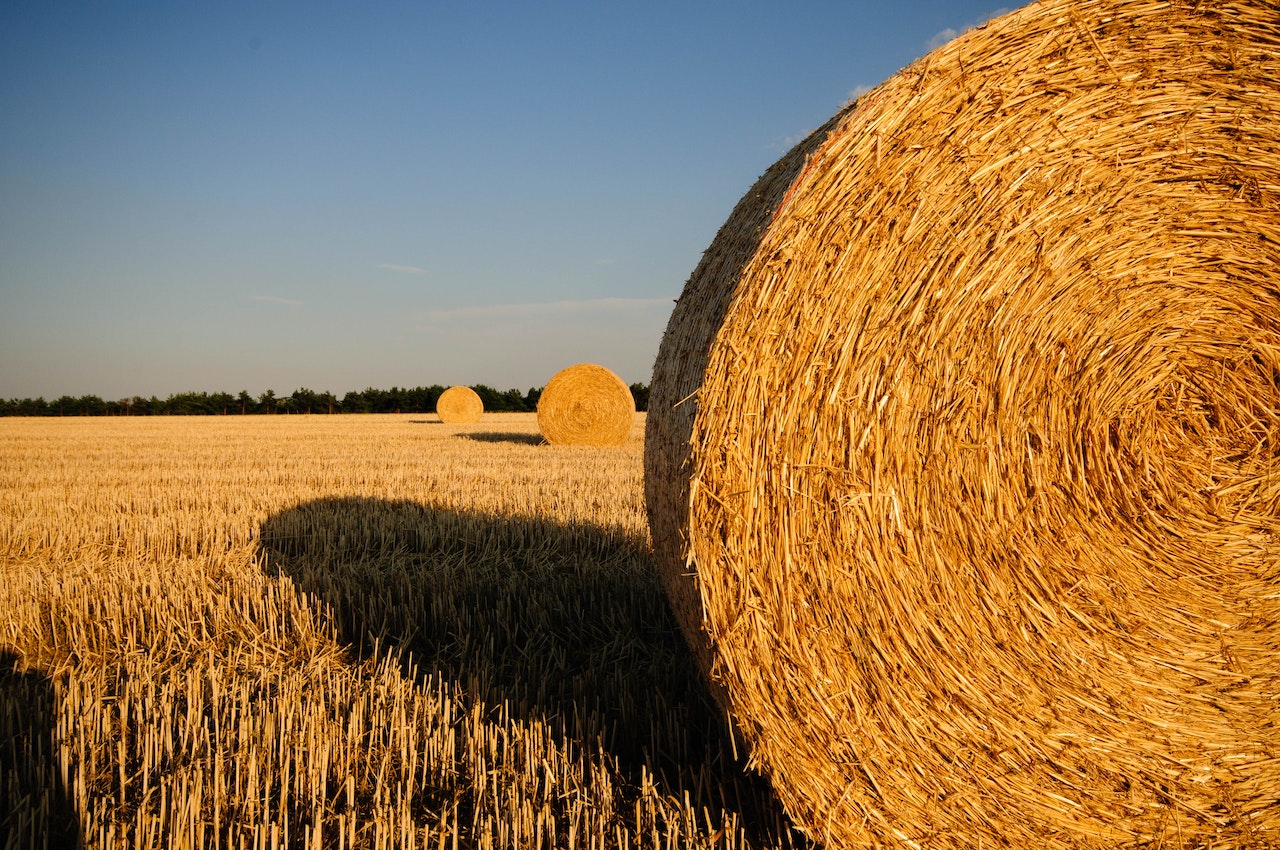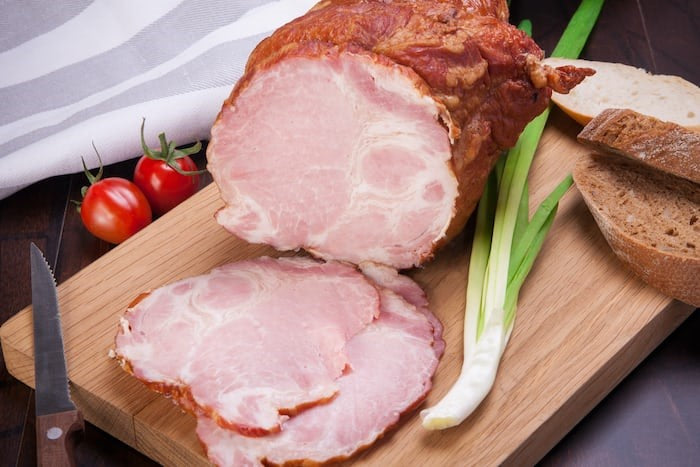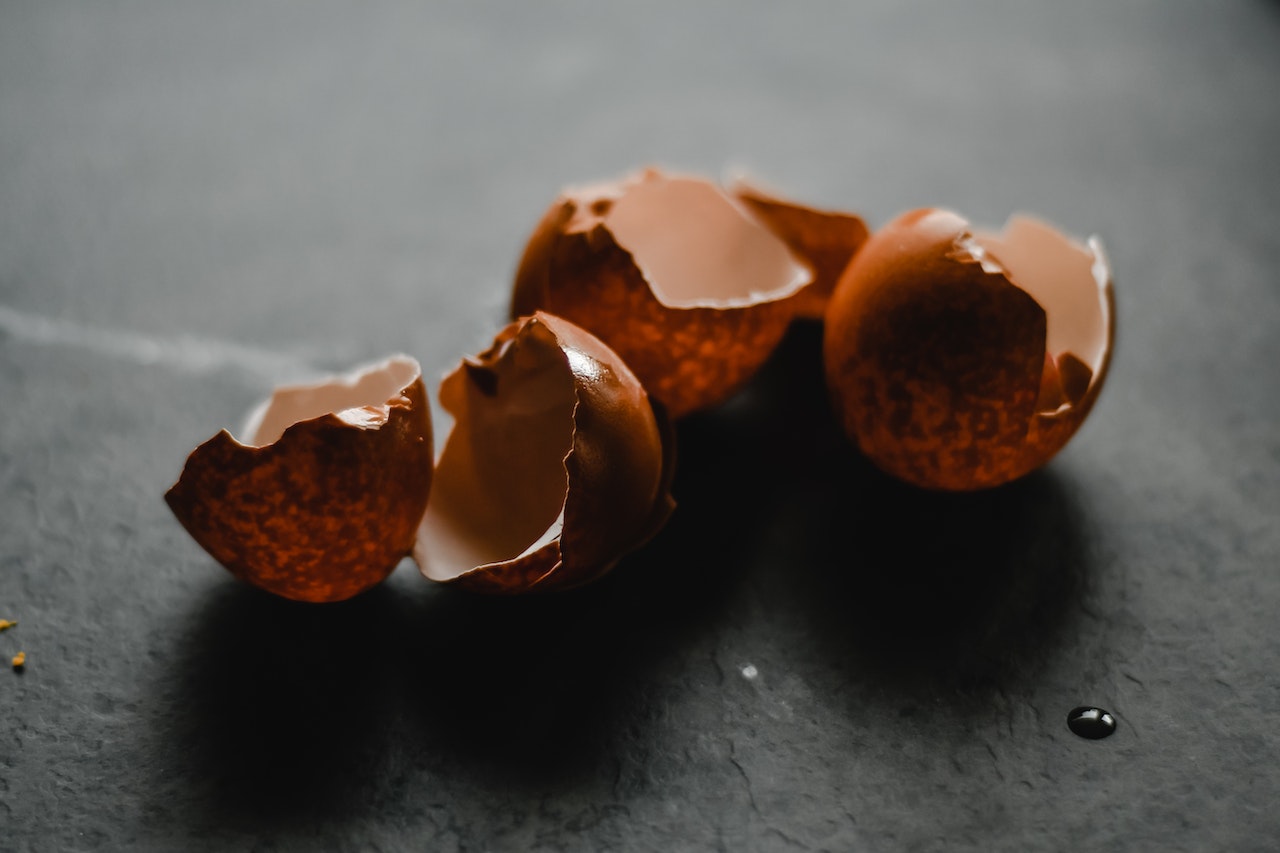
Pigs are common animals. They have found their way into our lives as humans. They can be used as pets, food (pork), and sources of valuable products such as lard, leather, fertilizer, glue, medicines, etc. Therefore, you need to know how to care for your pigs, especially nutritionally.
CAN PIGS EAT BEANS?

TYPES OF BEANS YOU CAN FEED YOUR PIG
There are hundreds of vast varieties of beans in our world today. However, only a few of them can be fed to your pigs. They include:
- Fava beans
- Lima beans
- Green beans
- Soybeans
- Adzuki beans
- Black turtle
- Lima beans
- Kidney beans
- Pinto beans
- Mung beans
- Navy beans
- Anasazi beans
- White beans
- Boston beans
- Chickpeas
Each of the above-mentioned types of beans has one or two things that make it special. Some of them will be looked into later on in this article.
WHY SHOULD YOU FEED BEANS TO YOUR PIGS?
- Generally, beans are good sources of various classes of food that your pig requires for normal growth and development. Hence, you should incorporate beans into your pigs’ diet for the following :
Beans are good sources of iron
White beans and red kidney beans are the beans with the highest amount of iron. According to www.medicalnewstoday.com, “a one-cup serving of white beans contains 5.08 mg.” www.healthline.com also added, “Red kidney beans and white beans provide around 5.2-6.6 mg per cup cooked, or 29-37% of the recommended dietary intake (13, 14).”
Iron plays an important role in the health of pigs, especially their young ones (piglets). Iron is a vital component of hemoglobin in red blood cells. Red blood cells (particularly hemoglobin) are the carriers of oxygen in the blood of pigs.
A deficiency of iron in your pig’s diet can lead to anemia. Anemia is characterized by: pale skin, rapid breathing, jaundice (yellowing of skin and white part of eyes), paleness of mucous membrane of eyes, and weakness, among others. Therefore, if your pigs show two or more of the following signs, you should consider adding beans to their diets as they can serve as an iron supplement.
Furthermore, iron is required to produce some proteins and enzymes. These enzymes are necessary catalysts for biochemical reactions.
Beans are rich in protein

I am sure that it is no news to you that beans are one of the best sources of dietary protein for animals. However, soybeans are one of the tops on the list. Soybeans have the highest amount of protein among beans. According to www.healthyeating.sfgate.com, “in a half cup of soybean, you will get a whopping 32 percent of the daily value (DV) for protein for a 2,000 calorie diet.” White beans, cranberry beans, pinto beans, kidney beans, black beans, and lima beans are also good sources of proteins.
Why do your pigs need adequate protein in their diet?
- Proteins are necessary for the growth and development of muscle tissue in pigs.
- Proteins are made up of amino acids. These amino acids are used by your pig to make the enzymes required for metabolic reactions.
- Amino acids are also required for hemoglobin production.
- Amino acids from dietary proteins are used for the production of antibodies (disease-fighting agents in animals).
- In lactating pigs, an adequate intake of proteins is necessary for milk production (milk protein).
- In the event of injury to the tissues of your pig, proteins are needed to repair and replace the damaged tissues.
- Plasma proteins are important in the prevention of edema in animals.
- Proteins also provide a considerable amount of energy to pigs.
You can see how important proteins are to your pigs. Hence, you should ensure that you feed your pigs with feed that is rich in protein (such as beans).
Beans are packed with dietary fibers
All beans are packed with dietary fibers. However, navy and white beans are the richest in terms of fiber content. The adequate fiber content in pig feed has the following benefits:
Beans are rich in some vitamins
Beans contain a decent amount of vitamins, such as vitamin B1, vitamin B6, vitamin E, and vitamin K.
- Vitamin B1 (thiamine) helps the pig generate energy from food nutrients.
- The deficiency of vitamin B6 in pigs is characterized by: reduced appetite, lethargic behavior, and less movement.
- Vitamin E is a major dietary antioxidant that maintains cell membrane integrity and boosts immunity.
- Vitamin K is necessary to maintain normal blood clotting processes and mechanisms.

Beans have some quantities of manganese and copper
Manganese and copper are important minerals that are needed by pigs in small quantities. Copper in diets improves feed intake and feed efficiency.
Beans contain oil
According to www.researchgate.net, “four common beans (black, kidney, great northern, and pinto) were extracted with hexane and found to contain about 2 percent triacylglycerol.”
Fats and oil serve as a solvent for fat-soluble vitamins. They are also good sources of energy.
HOW MANY BEANS SHOULD YOU FEED YOUR PIG?
You can feed your pig as many beans as you want as long as they don’t go on a bean-only diet for days. Beans do not provide the energy pigs require for their day-to-day activities. Therefore, while you feed beans to your pigs, the main source of calories and nutrients should be from the pig feed or a corn-based diet.
HOW DO YOU FEED YOUR PIGS BEANS?
You might be wondering if you can feed your pig with raw beans. Can you eat raw beans? No. Your pig is similar to you in this way. Cooking the beans before feeding them to your pig makes the beans palatable and easier to digest.
Furthermore, pigs should not be fed canned beans. Cooked or frozen beans are the preferred choice.
In conclusion
If you just want to start feeding beans to your pigs, it is advisable to start small and gradually increase the quantity. You should also consult your veterinarian if your notice some changes in your pigs’ physiology.



